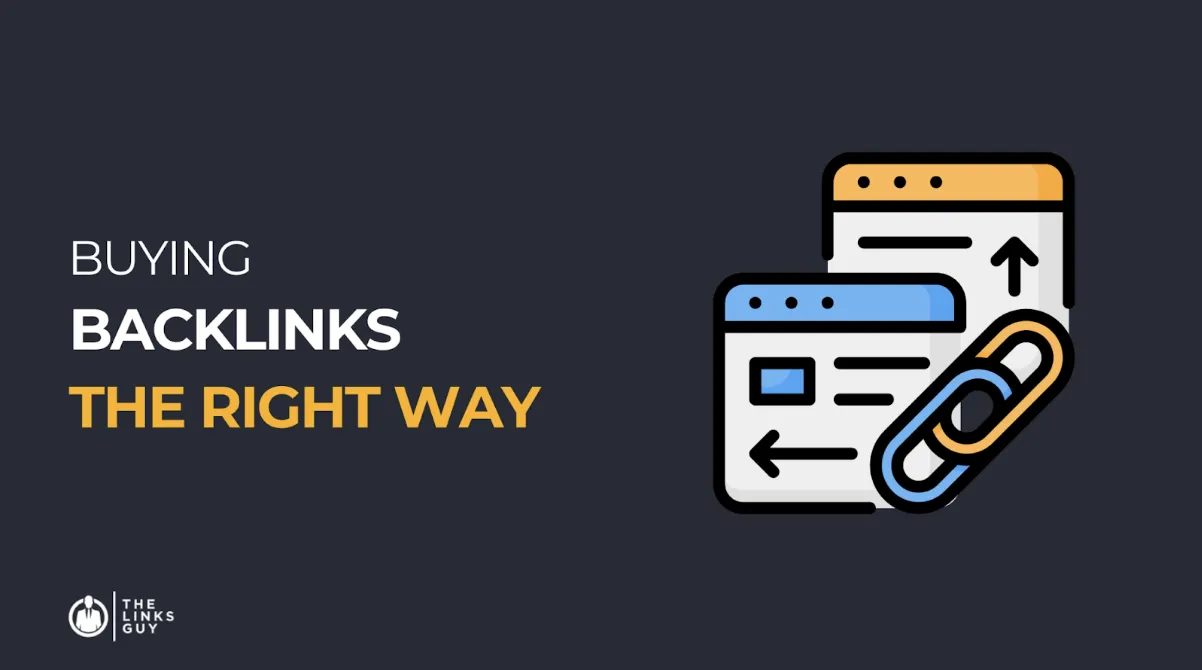Hiring the right employees can directly impact the long-term success of your business. Yet, even with established hiring processes, many organizations overlook critical gaps that can lead to adverse outcomes. Whether it’s legal issues, productivity concerns, or cultural misalignment, these errors are costly and often preventable.
Below, we’ll explore four commonly overlooked risks in the hiring process and how addressing them can strengthen your company’s recruitment practices.
1. Overlooking Comprehensive Drug Screening
Drug testing is a vital yet often neglected component of the hiring process. While criminal background checks can identify certain risks, they do not offer insights into drug use, which can affect workplace safety and productivity.
According to the National Safety Council, employees who misuse substances are significantly more likely to take sick days or cause workplace accidents. This makes drug testing essential, particularly in industries where safety is a high priority. Implementing drug screening in Salt Lake City or in your local area can help businesses mitigate risks and maintain a secure work environment.
By proactively integrating drug screening, businesses signal their commitment to a safe and ethical workplace, while potentially avoiding issues such as absenteeism, compensation claims, or legal disputes later on.
2. Ignoring Social Media Activity
Social media serves as a public reflection of a candidate’s character and values, yet many hiring managers fail to review it as part of their process. While a polished resume tells one story, a public profile can reveal inconsistencies, unprofessional behavior, or problematic opinions that may not align with your company’s ethos.
CareerBuilder research shows that over 70% of employers use social networking sites for candidate research. Ignoring such a readily available resource could result in hiring someone who may inadvertently damage your company culture or reputation.
However, this tool should be used wisely and ethically. Focus on gaining insights into a candidate’s public professionalism, rather than making judgments based on personal or unrelated content. This secondary screening tool is invaluable for securing hires consistent with your brand’s values.
3. Failing to Investigate Employment Gaps
Employment gaps on a resume often go unchecked during background verification. While not all gaps are red flags, they can sometimes signal deeper issues such as job terminations, unresolved legal issues, or other personal challenges that could affect performance in the workplace.
A LinkedIn survey found that over 50% of professionals have either exaggerated or lied about their job experiences. This highlights the importance of clarifying any significant breaks in employment history.
To address this, engage candidates in open conversations about gaps or request additional references to verify their claims. Delving deeper into employment history ensures you have a clearer picture of who you’re hiring and avoids potential surprises down the line.
4. Skipping Global Background Verifications
For companies hiring internationally or working with candidates boasting global experience, failing to conduct international screenings is a significant error. Domestic background checks often miss discrepancies related to education, prior employment, or legal records in other countries.
With global hiring expanding due to remote work, companies are more vulnerable to fraudulent information. A 2021 report highlighted that employment-related fraud continues to rise. Without comprehensive verification of international credentials and records, businesses could onboard candidates who misrepresent their qualifications.
To prevent such risks, consider partnering with specialized agencies capable of executing global verifications. Though it requires an upfront investment, the confidence in hiring qualified and credible employees is well worth the effort for modern enterprises.
Wrapping It Up
Effective hiring goes far beyond reviewing resumes or conducting standard interviews. By addressing often-overlooked areas like robust drug screenings, monitoring social media activities, investigating employment gaps, and ensuring global verifications, companies can significantly reduce their exposure to unnecessary risks.
Hiring mistakes can cost a business more than just money; they can affect productivity, workplace harmony, and long-term success. Strengthen your hiring practices today, and lay the foundation for a more secure and efficient workforce.








